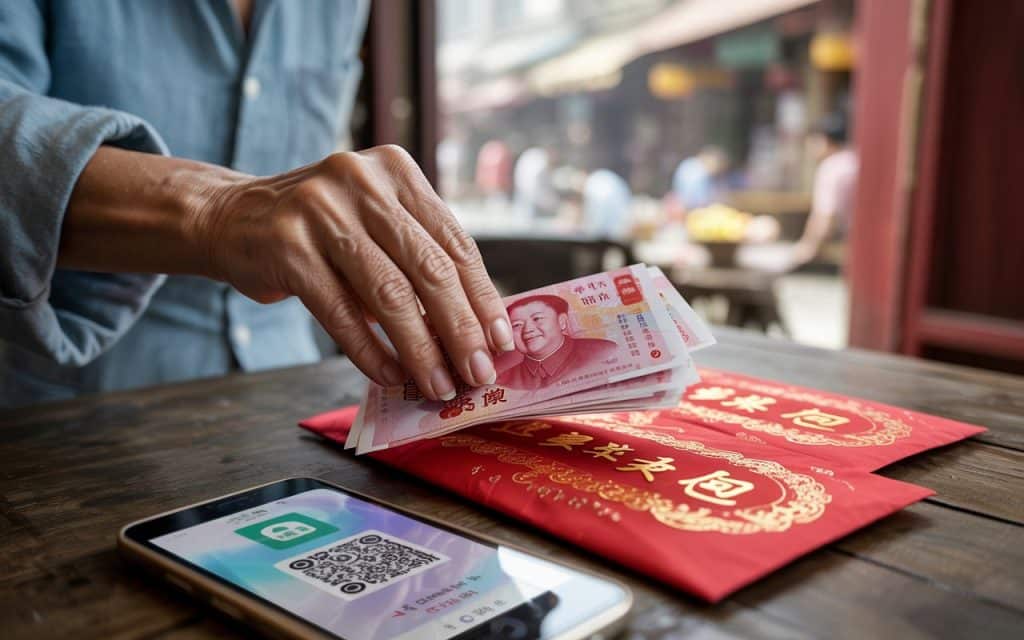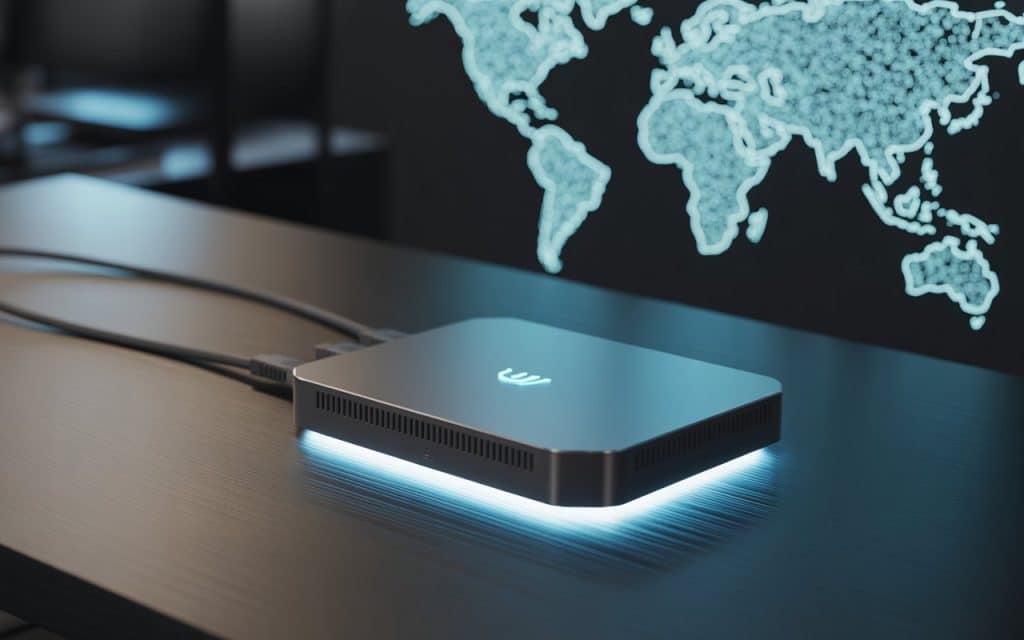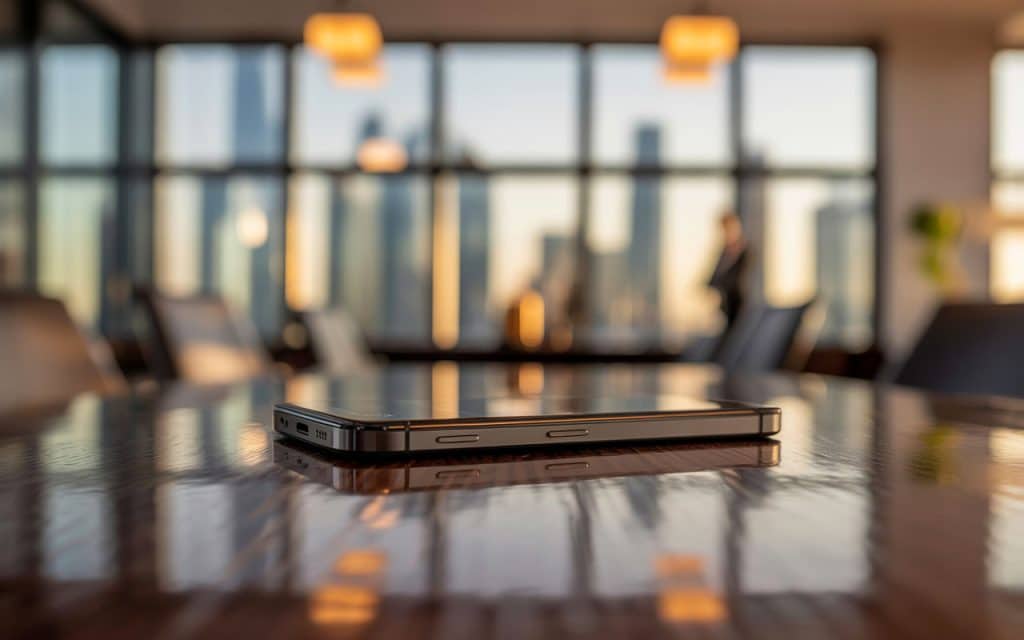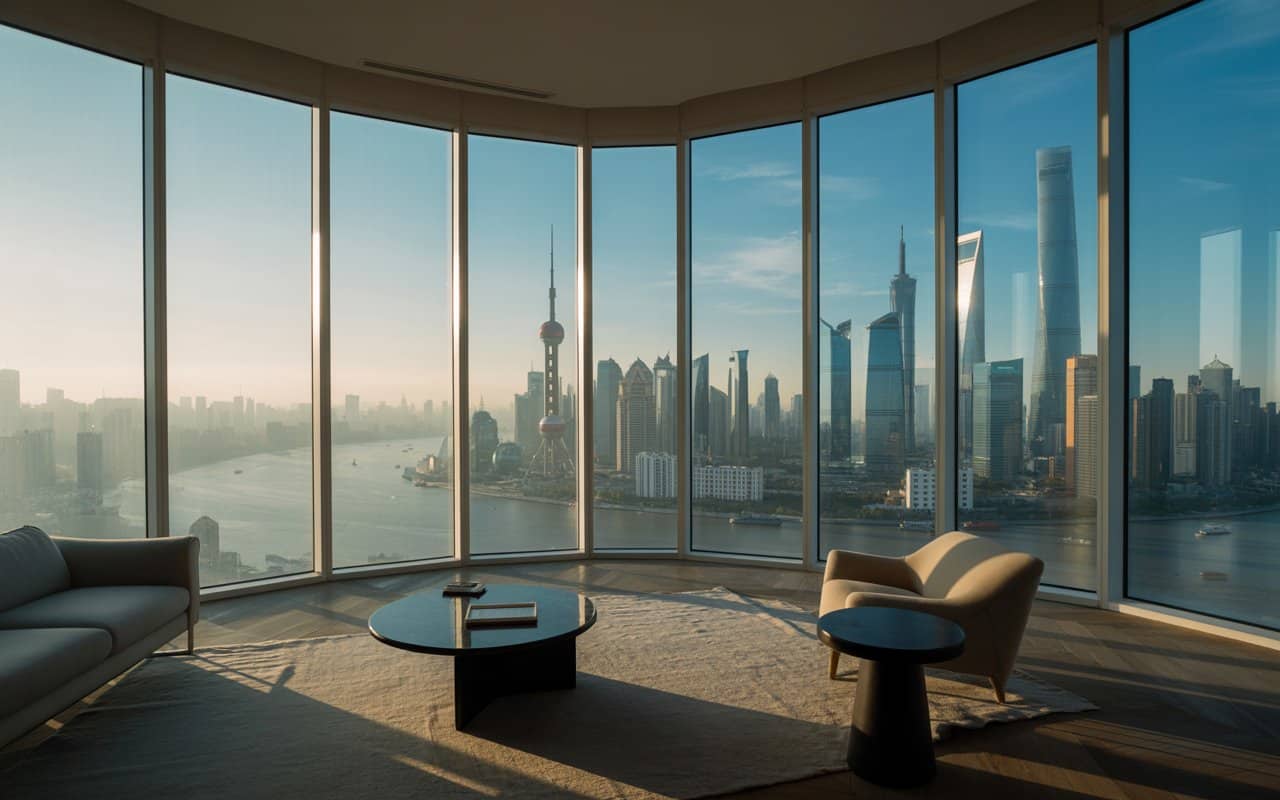Forum Chine
Voyage en Chine
Voyage en Chine : guides pratiques, astuces de terrain et retours d’expérience pour découvrir le pays en toute sérénité, des mégapoles aux provinces reculées.
Vivre en Chine : questions pratiques
Vivre en Chine : les solutions pratiques, retours d’expérience authentiques et conseils testés sur le terrain par des expats installés depuis plusieurs années. Consultez les derniers articles :
Investissement
Découvrez nos derniers articles sur l’investissement et la préparation de votre retraite en tant qu’expatrié. Nous partageons des éléments d’éducation financière adaptés aux non-résidents français pour vous aider à éviter les pièges et comprendre les spécificités de votre situation :
Nos articles partagent l’expérience et les connaissances acquises par nos contributeurs durant leurs années d’expatriation en Chine et en Asie. Ils ont une visée éducative et ne constituent pas des conseils personnalisés.






